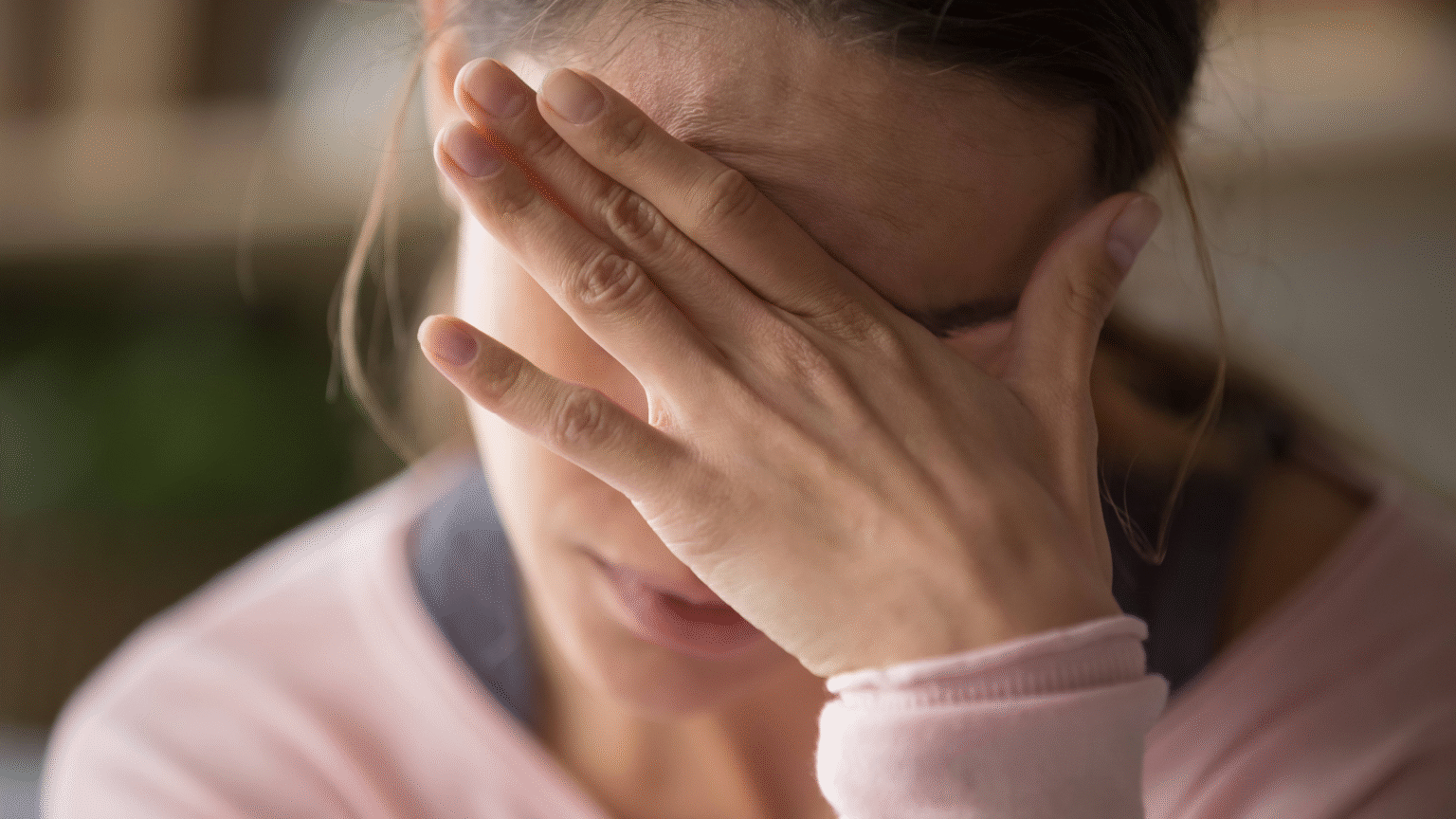Anxiety is a feeling many people experience at some point in their lives. It can cause worry, nervousness, and even physical symptoms like a fast heartbeat or sweating. While medication can help some people, others prefer to manage their anxiety without using drugs. This article will explain simple and effective ways to manage anxiety naturally. You will learn easy steps that can make a big difference in your daily life.
What is Anxiety?
Anxiety is a natural response to stress or danger. It helps us stay alert and prepared for difficult situations. But sometimes, anxiety can become too strong or last too long, affecting our happiness and health. This is called an anxiety disorder. Managing anxiety means finding ways to reduce these feelings so they don’t control your life.
Why Manage Anxiety Without Medication?
Medication can help many people feel better, but it is not the only way. Some people want to avoid medication because of side effects, personal beliefs, or other health reasons. Managing anxiety without medication focuses on using lifestyle changes and natural techniques to improve your mental health.
Effective Ways to Manage Anxiety Without Medication
1. Practice Deep Breathing
Deep breathing is one of the easiest and most helpful ways to calm anxiety. When you feel anxious, your breathing becomes fast and shallow. Taking slow, deep breaths sends a message to your brain that you are safe.
How to do it:
- Sit or lie down in a quiet place.
- Breathe in slowly through your nose for 4 seconds.
- Hold your breath for 4 seconds.
- Breathe out slowly through your mouth for 6 seconds.
- Repeat this for a few minutes.
2. Exercise Regularly
Exercise is not only good for your body but also for your mind. When you move, your brain releases chemicals called endorphins that make you feel happy and relaxed. Exercise can also distract your mind from worries.
Tips:
- Try walking, jogging, yoga, or dancing.
- Aim for at least 30 minutes a day, most days of the week.
3. Get Enough Sleep
Lack of sleep can make anxiety worse. Your brain needs rest to process emotions and stress. Try to get 7 to 9 hours of good sleep every night.
Tips for better sleep:
- Keep a regular bedtime and wake-up time.
- Avoid screens like phones or TVs before bed.
- Make your bedroom quiet and dark.
4. Practice Mindfulness and Meditation
Mindfulness means paying attention to the present moment without judgment. This helps stop worrying about the future or past. Meditation is a practice that helps train your mind to be calm and focused.
How to start:
- Sit quietly and focus on your breathing.
- When your mind wanders, gently bring your focus back to your breath.
- Try this for 5 to 10 minutes every day.
5. Eat a Balanced Diet
What you eat can affect your mood. Foods rich in vitamins, minerals, and healthy fats support your brain health. Avoid too much caffeine, sugar, or processed foods, as they can increase anxiety.
Healthy foods include:
- Fruits and vegetables
- Whole grains
- Nuts and seeds
- Fish rich in omega-3 fatty acids
6. Limit Caffeine and Alcohol
Caffeine and alcohol can worsen anxiety symptoms. Caffeine is a stimulant that can make your heart race and make you feel jittery. Alcohol might seem to relax you at first but can increase anxiety after it wears off.
Try to reduce or avoid these drinks, especially when you feel anxious.
7. Connect with Others
Talking to friends, family, or support groups can help you feel understood and less alone. Sharing your feelings can reduce anxiety and provide new ways to handle stress.
8. Set Small Goals and Take Breaks
Sometimes anxiety comes from feeling overwhelmed. Break your tasks into small, manageable steps. Take regular breaks to relax and breathe.
9. Avoid Negative Thinking
Anxiety often comes with negative thoughts like “I can’t do this” or “Something bad will happen.” Try to notice these thoughts and replace them with positive or realistic ones. For example, instead of thinking, “I will fail,” think, “I will do my best.”
When to Seek Help
Managing anxiety without medication can work well for mild to moderate anxiety. But if your anxiety is very strong or lasts a long time, it is important to talk to a doctor or mental health professional. They can help find the best treatment for you, which might include therapy, lifestyle changes, or medication.
Conclusion
Anxiety can be hard to live with, but many people find relief without using medication. By practicing deep breathing, exercising, getting good sleep, eating well, and using mindfulness, you can manage anxiety naturally. Remember, small changes over time can make a big difference. Be patient with yourself and try different techniques to see what works best for you.
Frequently Asked Questions (FAQs)
1. Can deep breathing really reduce anxiety fast?
Yes, deep breathing helps calm your nervous system quickly and can reduce anxiety symptoms in a few minutes.
2. How much exercise do I need to help with anxiety?
Aim for at least 30 minutes of moderate exercise most days. Even walking daily helps reduce anxiety.
3. Is meditation difficult for beginners?
Not at all. Start with just 5 minutes a day and focus on your breath. It gets easier with practice.
4. Can food really affect my anxiety?
Yes, a healthy diet supports brain health and can reduce anxiety symptoms, while too much caffeine or sugar can increase them.
5. When should I see a doctor about anxiety?
If anxiety is affecting your daily life, causing panic attacks, or lasting more than six months, it’s a good idea to get professional help.


